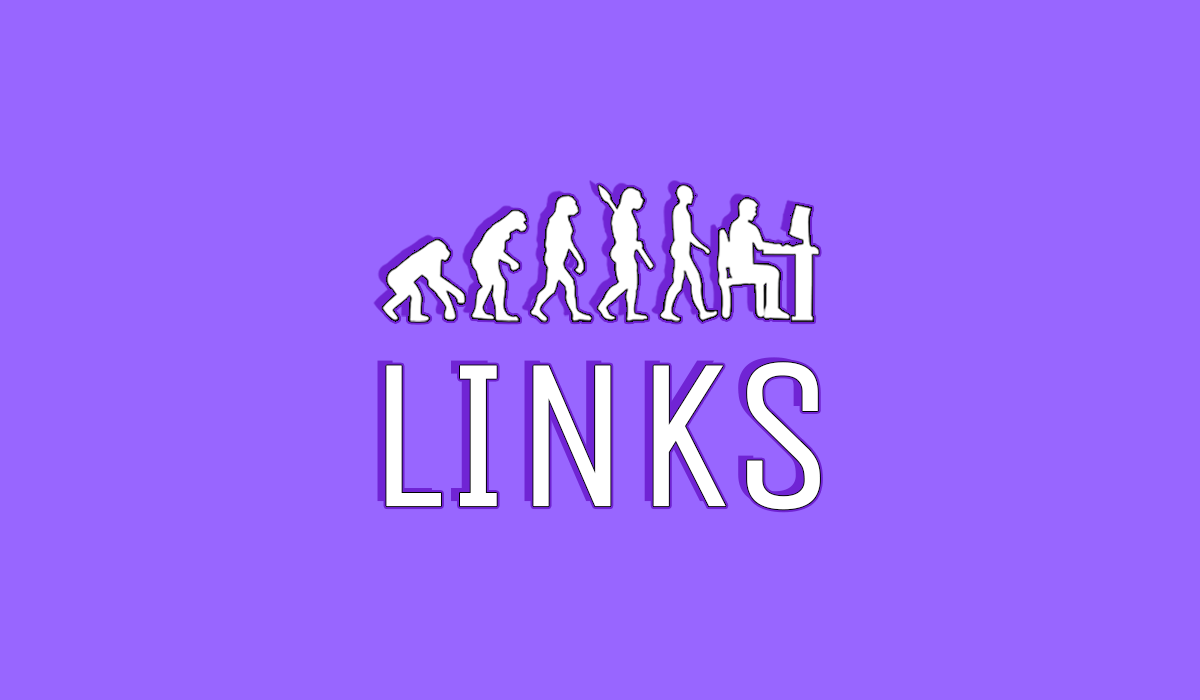Welcome to LINKS — my attempt to provide Rhapsody readers with five interesting stories that tell us something about what it means to be human. LINKS is published every Wednesday. Have a link you want to share? Drop it in the comments.
Bottled water has up to 100 times more plastic particles than previously thought
By Joseph Winters, Grist
“A paper published Monday used a novel technique to analyze one-liter samples of bottled water for plastic granules, going down to just 50 to 100 nanometers in length—roughly the width of a virus. They found nearly a quarter of a million of these tiny particles per liter, about 10 to 100 times more than previously published estimates.”
After 16-year restoration, Greece unveils palace where Alexander the Great became king
By Derek Gatopoulos & Costas Kantouris, Associated Press
“It was built more than 2,300 years ago during the reign of Alexander’s father, Phillip II, who had transformed the kingdom of Macedonia into a dominant military power of ancient Greece. Aigai was its royal capital.”
Ancient DNA reveals origins of multiple sclerosis in Europe
By Sara Reardon, Nature
“‘This is a tour de force,’ says Lluís Quintana-Murci, a population geneticist at the Pasteur Institute in Paris who was not involved in the study. He says that the research provides unprecedented detail on how ancient ancestry can influence disease risk to this day. ‘It’s a beautiful example of how, by addressing very basic fundamental anthropological and genomic questions, you can inform medicine,’ he says.”
Sludge Videos Are Taking Over TikTok—And People’s Mind
By Anna Mattson, Scientific American
“Brain activity in response to sludge content hasn’t been studied directly, but experts say such content likely has similar effects on the brain as multitasking. Multiple studies provide strong evidence that it’s nearly impossible to truly multitask—to do or watch more than one thing at the same time. Yet most people still think they are multitasking while they work, study and, now, consume entertainment. The rise of ‘media multitasking’ seems to have significant effects on the developing brain. A 2020 study found that attention and memory recall may worsen in young adults who engage in various digital media on multiple devices simultaneously, such as by watching a show, texting and checking social media at the same time. Sludge content appears to be a supercharged form of media multitasking.”
Words May Reveal a Psychopath
By Winifred Rule, Psychology Today
“This disconnect between actions and words is often witnessed in encounters with psychopaths. It is what psychopathy researcher Paul Babiak describes as ‘semantic aphasia,’ a profound underlying disorder in which the language and emotional components of thought are not properly integrated. Hervey Cleckley, the trailblazing mid-20th century psychiatrist who extensively analyzed psychopathic behavior, was the first to describe this ‘discordance between language and emotion.’ Calling it ‘semantic dementia,’ he characterized it as an attempt to mimic emotion and manipulate meaning through language.”




